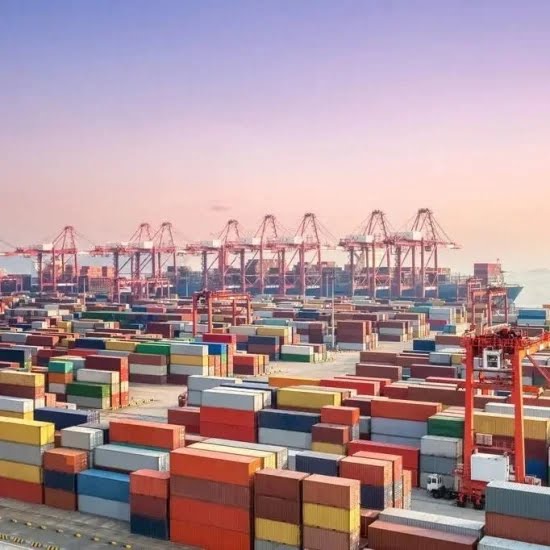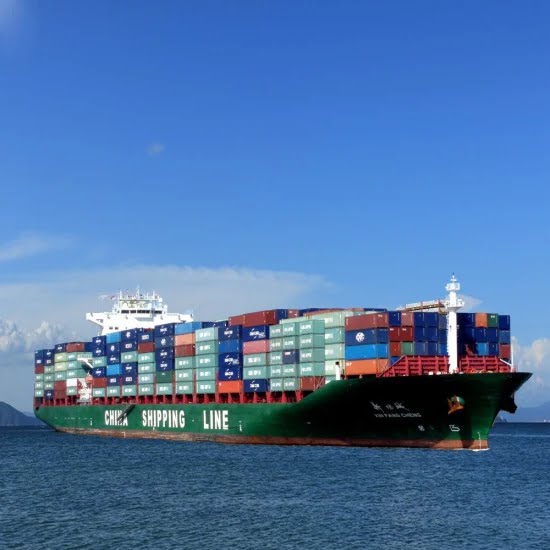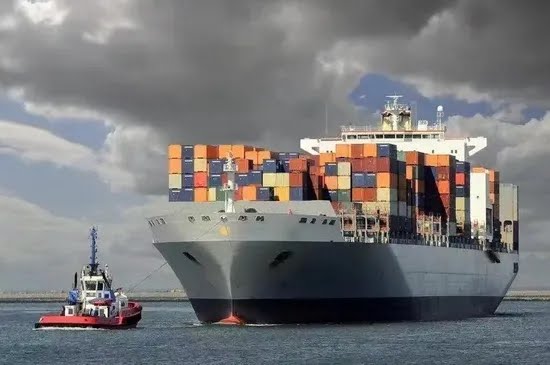


In today’s rapidly evolving global marketplace, freight forwarding plays a crucial role in ensuring that goods reach their destination safely, on time, and in optimal condition. As a freight forwarder, our mission is to simplify the complexities of international logistics, streamline supply chains, and provide tailored solutions that cater to diverse shipping needs.
Understanding the Role of a Freight Forwarder
Freight forwarding is far more than transporting goods from one location to another. It involves comprehensive planning, coordination of various transport modes, management of documentation, and proactive problem-solving. The freight forwarder acts as the central point of contact between shippers, carriers, and customs authorities to ensure that every stage of the cargo journey aligns with local and international regulations.
This involves negotiating competitive shipping rates, selecting reliable transportation partners, handling insurance, and managing necessary documentation to avoid delays. Each shipment is unique, and an effective freight forwarding partner works to customize solutions based on the specific requirements of the cargo and the shipping destination.
Customized Services for Diverse Shipping Needs
One of the key benefits of using a freight forwarder is the flexibility to manage different types of cargo. Whether dealing with perishable goods, oversized machinery, hazardous materials, or standard consumer products, the services provided must be tailored to ensure maximum efficiency and safety. This includes:
Air Freight: Ideal for time-sensitive shipments, air freight provides rapid transportation over long distances. It is especially beneficial for lightweight, high-value goods that require urgent delivery.
Sea Freight: For bulk shipments, sea freight remains the most cost-effective option. Despite longer transit times compared to air freight, its efficiency in handling large volumes makes it indispensable for international trade.
Land Transportation: Often used in combination with air and sea freight, road and rail transport offer crucial connectivity between domestic hubs and ports. Integrated logistics involving multi-modal transportation ensure seamless door-to-door delivery.
Customs Clearance: Navigating customs regulations is one of the most challenging aspects of international shipping. Expert freight forwarders have the in-depth knowledge and relationships with regulatory bodies to ensure smooth customs clearance, minimizing the risk of delays or penalties.
Enhanced Visibility and Advanced Tracking
Modern freight forwarding is supported by technological advancements that offer enhanced visibility across the supply chain. Advanced tracking systems and real-time data analytics provide customers with up-to-the-minute updates on the status of their shipments. This transparency not only builds trust but also allows for proactive management of any potential issues along the route. Predictive analytics, route optimization, and digital documentation are just a few examples of how technology is reshaping the freight forwarding industry.
Focus on Customer Service and Partnership
Successful freight forwarding hinges on building strong, long-lasting partnerships with clients. An effective freight forwarder emphasizes proactive communication, responsiveness, and transparency. By understanding the unique challenges and goals of each client, a freight forwarder is able to develop strategies that optimize shipping routes, reduce costs, and mitigate risks. This customer-centric approach is critical in maintaining high service levels and ensuring client satisfaction.
Navigating the Challenges of International Logistics
Global trade is fraught with challenges, from fluctuating fuel costs and regulatory changes to unpredictable weather conditions and geopolitical uncertainties. Freight forwarders must be agile, continually updating their strategies to meet these challenges head-on. Whether adapting to new international trade agreements or responding to sudden disruptions, the ability to quickly realign operations ensures that goods are delivered reliably, even in tumultuous times.
Commitment to Quality and Continuous Improvement
To maintain a competitive edge, the freight forwarding industry is dedicated to continuous improvement in processes and technology. Regular training for staff, investment in advanced logistics software, and adherence to internationally recognized quality standards are all part of the ongoing commitment to excellence. This focus on quality not only improves operational efficiency but also enhances the overall customer experience by delivering dependable, timely services.
Conclusion
The freight forwarding industry is an integral component of global trade, responsible for the smooth flow of goods across international borders. Through tailored shipping solutions, technological innovation, and an unwavering commitment to customer service, freight forwarders ensure that supply chains operate with maximum efficiency and reliability. By partnering with a freight forwarder who understands the unique dynamics of international logistics, businesses can focus on growth and innovation, confident that their cargo is managed by seasoned experts dedicated to meeting the demands of the modern marketplace.
